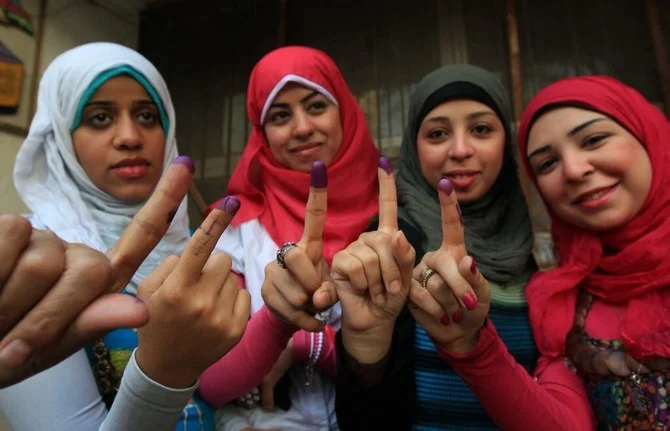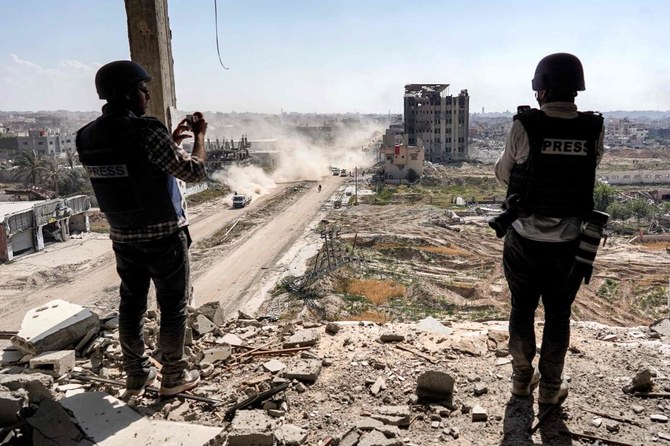Arab News
LONDON: Businesses in Egypt are discriminating against women who wear a hijab, a BBC Arabic investigation found.
According to the news outlet, several Egyptian women have claimed venues refused them entry because they were wearing the traditional headscarf.
BBC News Arabic tried to make reservations at 15 upmarket venues in Cairo that had been accused of discrimination.
Most of the venues requested the social media profiles of all guests, and 11 of them said that hijab-wearing women were not allowed entry.
An undercover couple, with the woman wearing a hijab, were later sent to some venues that said head coverings were not permitted.
When the couple arrived at one venue, L’Aubergine, they were told by the doorman that the headscarf was prohibited because “there is a bar inside, which might offend women wearing a hijab.”
“The headscarf is forbidden.” the manager confirmed.
When L’Aubergine was presented with recorded evidence, it denied having any policy to refuse entry to hijab-wearing women. “We have reiterated our house policies to staff to avoid any confusion in the future,” the venue said.
Doormen at Kazan, a fine dining restaurant, told the couple: “The problem is the headscarf.”
“These are the house rules,” they said.
Egypt’s constitution prohibits discrimination based on religion, sex, race or social class.
Evidence gathered by BBC Arabic was presented to Adel El-Masry, chairman of the Chamber of Tourism Establishments and Restaurants.
“Never in any era of the ministry of tourism has a decision been issued banning veiled women (from leisure venues),” El-Masry said.
“This is not acceptable. Discrimination is unacceptable, these are public places,” he added.
BBC Arabic’s investigation also found that La Vista, a company with projects in Cairo and several high-end coastal developments, was preventing hijab-wearing women from buying holiday apartments.
Posing as a buyer whose wife wears a hijab, BBC News Arabic contacted six property brokers about a unit at a La Vista coastal project. They said it would not be possible.
“Can I speak to you frankly? Definitely look for an alternative,” one broker told the undercover reporter.
“To be frank with you, regarding the North Coast and Sokhna projects, they are discriminatory,” said another.
A third broker explained: “They will not say that we won’t sell you a unit, but they will say that this project you have selected is closed now and when it’s open, we will call you, and they won’t.”
An undercover reporter who called La Vista and said that his wife wore a hijab was told that he would be put on a waiting list, as there were no available properties.
However, when he visited the La Vista office weeks later without mentioning his wife, he was told there were properties available immediately.
Asked what kind of people lived in the development, the agent replied: “The idea is that all the people we have look like each other.”
He added that one La Vista development “has no veiled women at all.”
The developer has not yet responded to BBC Arabic’s requests for comment.
Egyptian MP Amira Saber, a women’s rights advocate, said that the Egyptian constitution is clear that such discrimination is prohibited.
“I will certainly use one of my parliamentary tools to ask the officials in the government how we can ensure that this does not happen again, and if it does happen, the perpetrator must be punished,” she said.






















